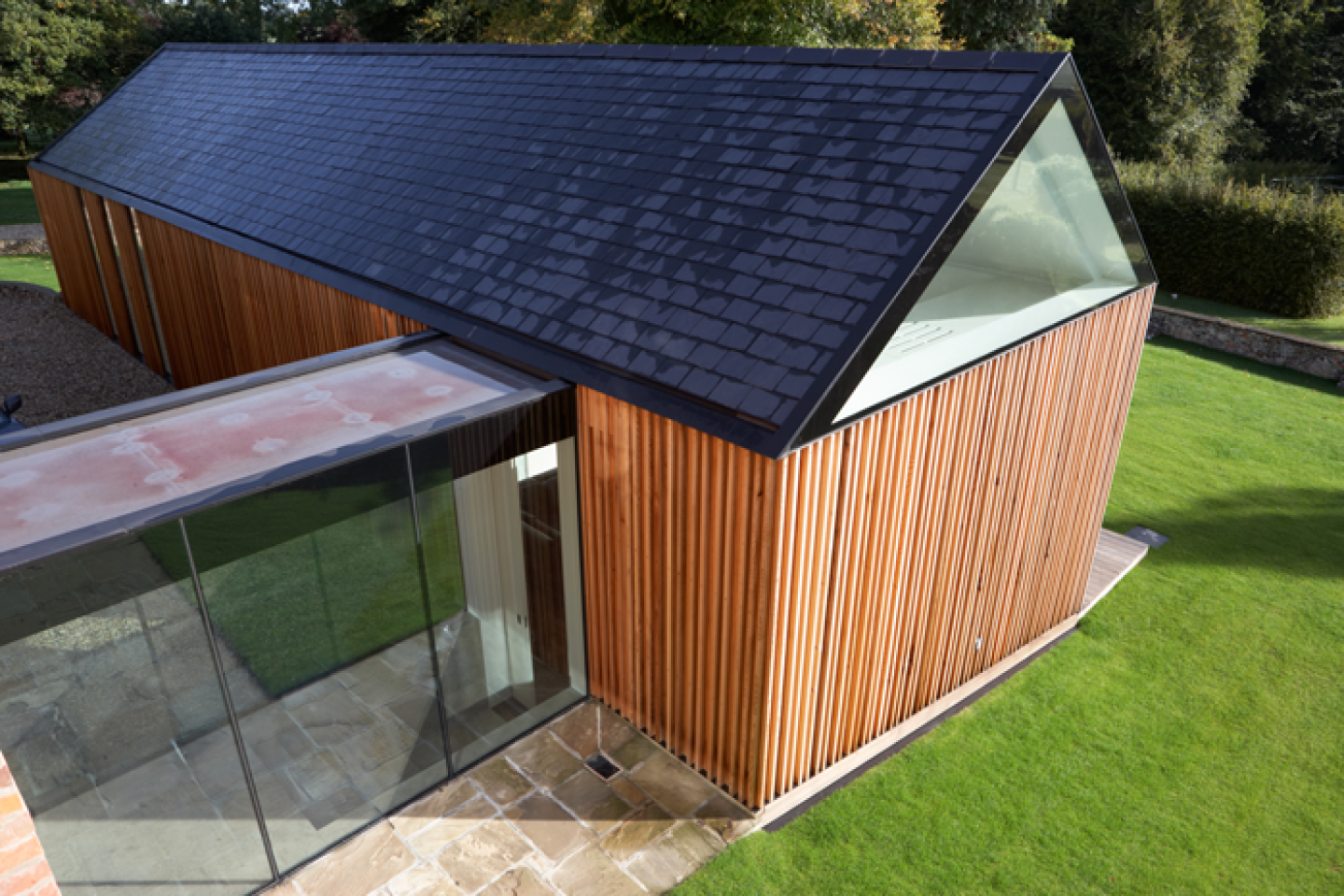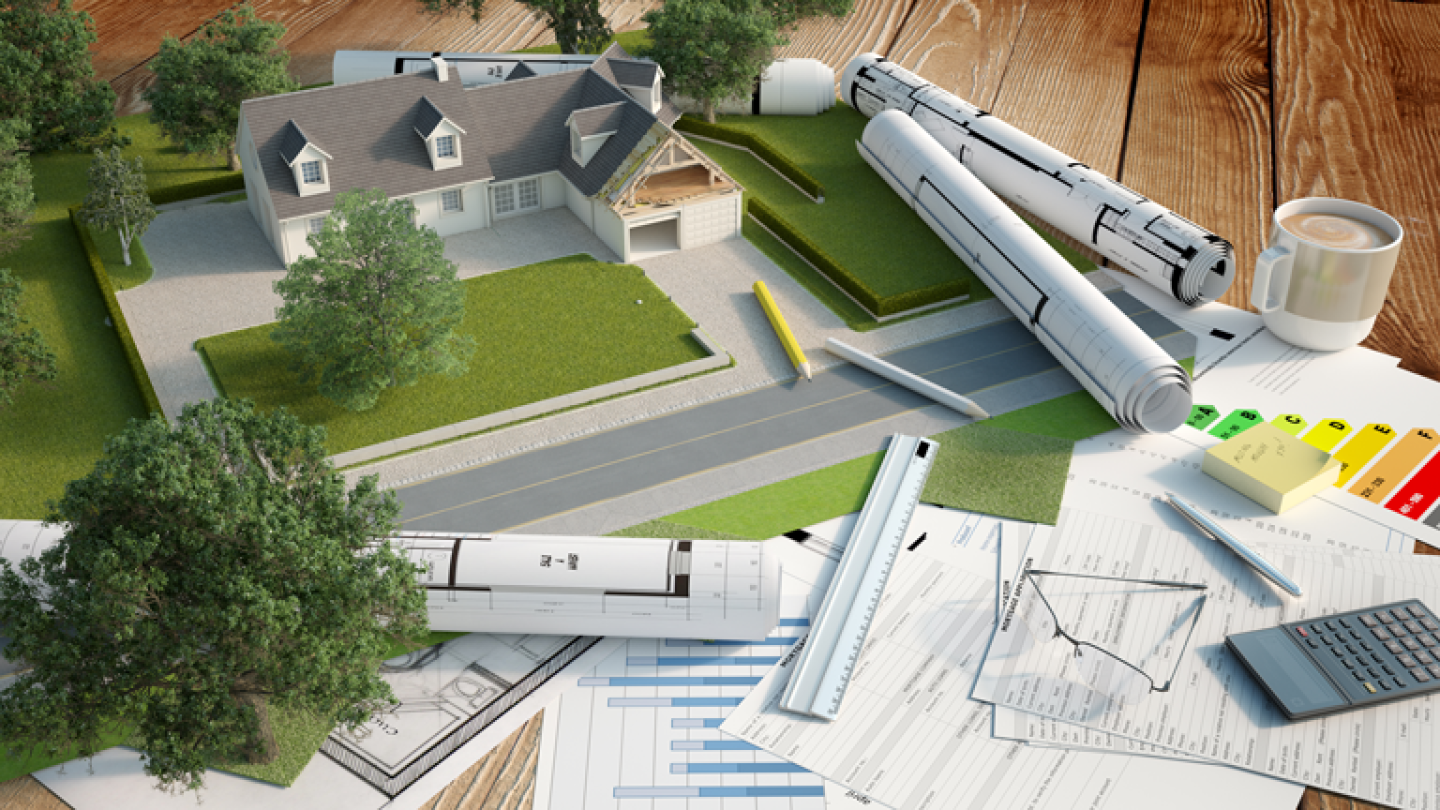







 Good builders are in demand after Covid. Many property owners who ordinarily would have spent disposable income on foreign holidays are investing in property upgrades such as extensions
Good builders are in demand after Covid. Many property owners who ordinarily would have spent disposable income on foreign holidays are investing in property upgrades such as extensions 
Are you looking for a builder to carry out extension work on your property in the North East of England?
Are you looking for a reputable builder near Sunderland, Newcastle, Durham?
Remember you may need planning permission for you building extension in the North East of England from your local council.

Planning regulations for domestic property extensions in the North East of England are governed by national planning policy and the local development plan. In general, planning permission is required for most extensions, with a few exceptions, such as small single-storey rear extensions that do not exceed certain size limits.
Before starting an extension project, it's important for homeowners to consult with their local council to determine whether planning permission is required. In some cases, the council may require additional information or documentation, such as floor plans or elevations, to support a planning application.
There are several factors that the council will consider when reviewing a planning application for an extension, including the size and design of the proposed extension, its impact on the local environment, and any potential concerns from neighbors or other stakeholders.
In addition to planning permission, building regulations will also apply to extensions in the North East of England. These regulations cover a wide range of areas, including structural stability, fire safety, insulation, and ventilation. 
To ensure compliance with planning regulations and building regulations, homeowners should engage with a reputable local company that specializes in extensions. A reputable company will be able to provide advice on the relevant regulations and ensure that all work is carried out in compliance with these regulations. By doing so, homeowners can enjoy a successful and stress-free extension project that adds value to their property and enhances their quality of life.
Extensions to domestic properties in the UK are a popular form of property development that can add significant value to a property, as well as provide additional living space for homeowners. However, it's important for potential customers to understand the building regulations that apply to extensions in order to ensure that the work is carried out in compliance with legal requirements.
The building regulations for extensions to domestic properties in the UK cover a wide range of areas, including fire safety, insulation, ventilation, and structural stability. These regulations are put in place to ensure that all construction work meets minimum standards for safety, health, and welfare.
One of the key considerations for customers when planning an extension is the need for planning permission. In the UK, planning permission is usually required for most extensions to domestic properties. The rules for planning permission vary depending on a number of factors, including the size of the extension, the location of the property, and the type of building. Customers should consult with their local council to determine whether planning permission is required for their proposed extension.
Once planning permission has been obtained, customers should engage with a reputable local company that specializes in extensions. A reputable company will be able to advise customers on the relevant building regulations and ensure that all work is carried out in compliance with these regulations. 
One of the key areas of building regulations that applies to extensions is fire safety. This includes requirements for fire-resistant materials and structures, as well as for smoke alarms and escape routes. Customers should ensure that any proposed extension meets the fire safety requirements set out in the building regulations.
Another important area of building regulations for extensions is insulation. The building regulations require that extensions meet certain standards for thermal insulation to help improve energy efficiency and reduce carbon emissions. Customers should ensure that their proposed extension meets these insulation standards to help reduce energy costs and improve the environmental performance of their property.
Ventilation is another important consideration for extensions. The building regulations require that extensions have adequate ventilation to help maintain good indoor air quality and reduce the risk of condensation and mold. Customers should ensure that their proposed extension meets these ventilation standards to help maintain a healthy indoor environment.
Finally, structural stability is an important consideration for any extension. The building regulations require that extensions be designed and built to withstand the loads and forces that are likely to be imposed on them. This includes requirements for foundations, walls, and roof structures. Customers should ensure that their proposed extension meets the structural stability requirements set out in the building regulations.

In conclusion, extensions to domestic properties in the UK can provide valuable additional living space and increase the value of a property. However, it's important for potential customers to understand the building regulations that apply to extensions in order to ensure that the work is carried out in compliance with legal requirements. By engaging with a reputable local company that specializes in extensions and ensuring compliance with building regulations, customers can enjoy a successful and stress-free extension project.